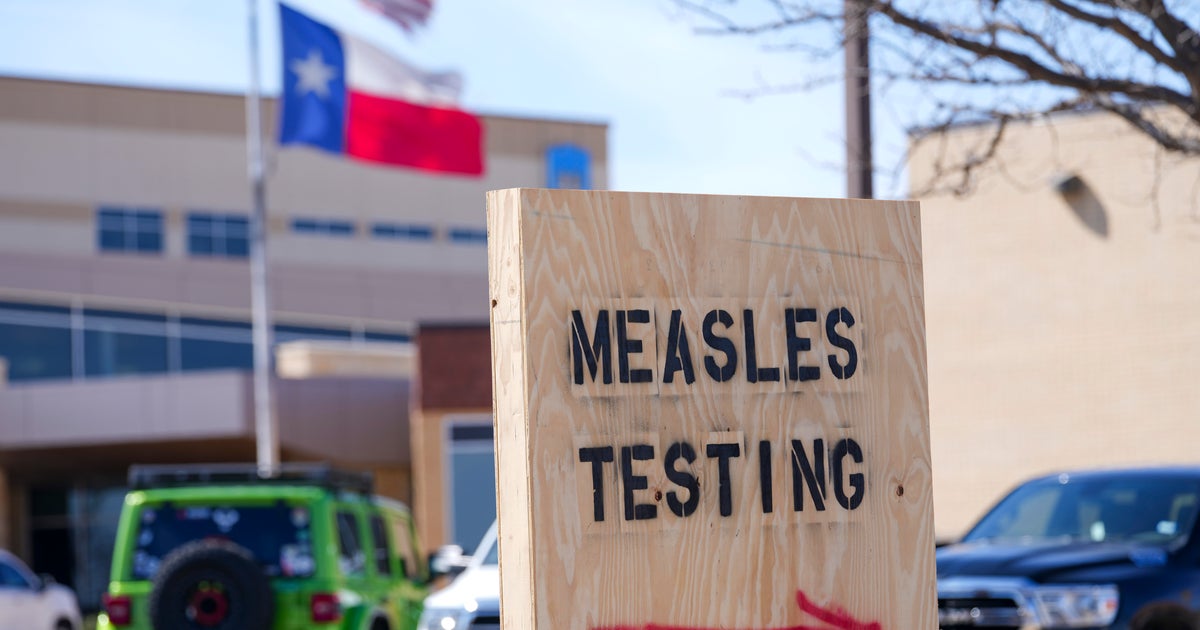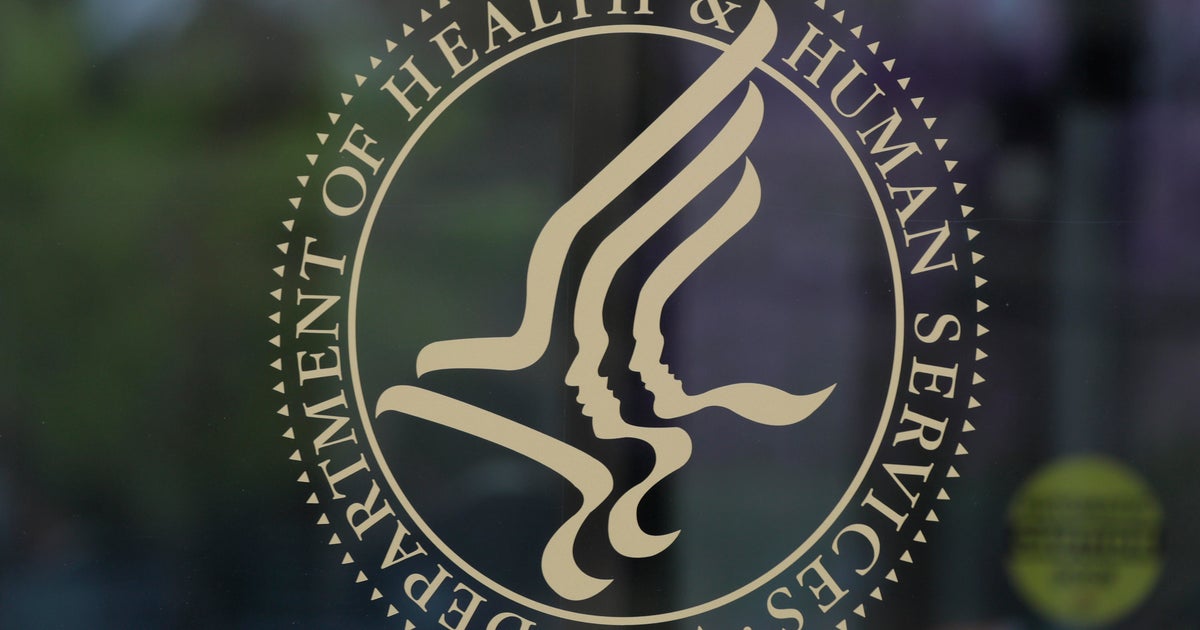Dr. Casey Means, President Trump's nominee to serve as the U.S. surgeon general, is a prominent proponent of Health and Human Services Secretary Robert F. Kennedy Jr.'s "MAHA," or "Make America Healthy Again," agenda. Her work has largely focused on metabolic dysfunction — but what is it?
Metabolic dysfunction occurs when our body cannot normally process our food the way we are designed to, Satchidananda Panda, a professor at the Salk Institute for Biological Studies, told CBS News.
He offered an analogy: Cars run on gas, but if you filled a car that takes unleaded gas with leaded gas mixed with kerosene and alcohol, it won't function properly.
"Your engine might run, but actually your engine will not function properly, and maybe a couple hundred miles or 1,000 miles, your engine, or the car, is starting to break down. So that's what happens," he said. "When we don't eat properly, and when we don't exercise properly, and when we don't let our body to repair, rejuvenate and reset, then this metabolic dysfunction happens."
Metabolic dysfunction can lead to a number of symptoms and even increase the risk of certain serious health conditions, Panda said.
Means, an M.D., author and entrepreneur, often cites metabolic dysfunction as the "key reason" why we develop chronic disease, warning about the impact of "our modern, toxic ultraprocessed food supply" and the use of chemicals and pesticides.
She's previously said about 88% of Americans suffer from metabolic dysfunction, referencing a 2022 paper published in the Journal of the American College of Cardiology that found only 6.8% of U.S. adults had "optimal cardiometabolic health."
If you've never heard of the term, Panda said it's often an overlooked area — pointing to a larger focus on pills and treatments rather than prevention.
"It's not very attractive," he said. "People say, 'Oh, yeah, it's good lifestyle. We all know that.' So people pooh-pooh that particular aspect of research. They don't want to hear that they can go and change their behavior to improve health."
What is metabolic syndrome?Metabolic syndrome is when someone experiences a group of conditions that increase the risk of heart disease, stroke and type 2 diabetes, according to the Cleveland Clinic.
To be diagnosed with the syndrome, someone needs at least three of the following:
Excess abdominal weightHigh blood pressureHigh blood sugarHigh cholesterolHigh triglyceride levelsUp to one-third of U.S. adults have metabolic syndrome, but the numbers are growing, according to the Mayo Clinic.
Other names for it include syndrome X, insulin resistance syndrome and dysmetabolic syndrome.
If you have even one of the criteria on the list, "that already shows you that you have some underlying metabolic dysfunction. So that's why we always say that we should actually be more mindful about metabolic dysfunction and start to act on it before we are diagnosed with metabolic syndrome," Panda said.
There are things you can do to keep your metabolic health, and therefore general health, in good standing, he said, including regular exercise, eating a healthy diet and not being overweight.
Metabolic health roadblocksMany people face challenges to pursuing optimal metabolic health, however, Panda notes, including education and access.
Few people are taught the building blocks of a healthy diet or the importance of sleep, he says. Plus, society isn't always structured to support healthy eating and sleeping, from late-night deadlines in school to shift workers' schedules and food deserts that make it harder to find or afford fresh fruits and vegetables.
Dr. Céline Gounder, CBS News medical contributor and editor-at-large for public health at KFF Health News, said she's a big believer in prevention, but believes the Trump administration's funding cuts will set back progress.
"What doesn't add up is that the administration claims to want to prevent chronic diseases while at the same time eliminating the CDC's chronic disease prevention programs," she said. "You can't fix what you don't measure — and that's exactly what's happening with the CDC cuts."
In his reorganization of HHS, Kennedy has touted the creation of new Administration for a Healthy America, or AHA, with a mandate to address chronic diseases, including metabolic diseases. But according to the draft HHS budget, it would receive far less funding than the cuts made to the CDC — about $500 million compared to $3.6 billion.
"There's been no transparency into what AHA will do and how. What are their policies and strategies? We don't know," Gounder said.
Sara Moniuszko






